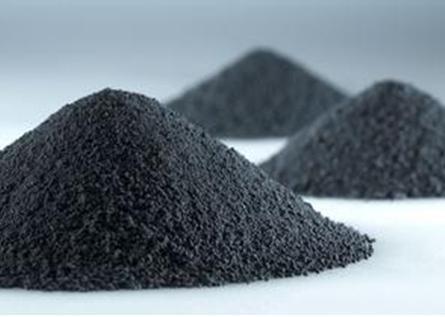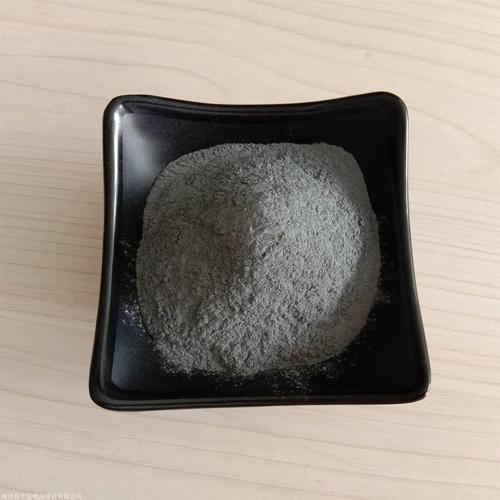Fe3O4, commonly known as magnetite, is a naturally occurring iron oxide with the chemical formula Fe3O4. It is one of the most magnetic minerals on Earth, exhibiting strong ferrimagnetic properties. This compound is unique because it contains both iron(II) and iron(III) ions, forming a mixed oxidation state oxide. Its crystal structure, called an inverse spinel, contributes to its magnetic behavior. Magnetite appears as a black, opaque mineral with a metallic luster and is often found in igneous and metamorphic rocks. It also forms in environments with low oxygen, such as sediments or bacterial activity. Certain organisms, like magnetotactic bacteria, produce magnetite to navigate using Earth’s magnetic field.
(what is fe3o4)
Magnetite has widespread applications due to its magnetic and catalytic properties. Industrially, it is used in steel production, as a catalyst in ammonia synthesis, and in water treatment to remove contaminants. In technology, Fe3O4 nanoparticles are vital in biomedical fields, serving as contrast agents in MRI scans, carriers for targeted drug delivery, and in hyperthermia cancer treatments. Its role in data storage devices, though less prominent today, was historically significant for magnetic tapes and hard drives.
Environmentally, magnetite nanoparticles effectively adsorb heavy metals and pollutants from wastewater. They are also used in ferrofluids—liquid suspensions that respond to magnetic fields—applied in engineering and electronics. Despite its utility, handling Fe3O4 powder requires caution, as inhaling fine particles may pose health risks.
(what is fe3o4)
In summary, Fe3O4 is a versatile material bridging geology, biology, and technology. Its magnetic nature, stability, and reactivity make it indispensable across industries, from healthcare to environmental management. Understanding magnetite’s properties and applications highlights its importance in both natural processes and human innovation.
Inquiry us
if you want to want to know more, please feel free to contact us. (nanotrun@yahoo.com)

